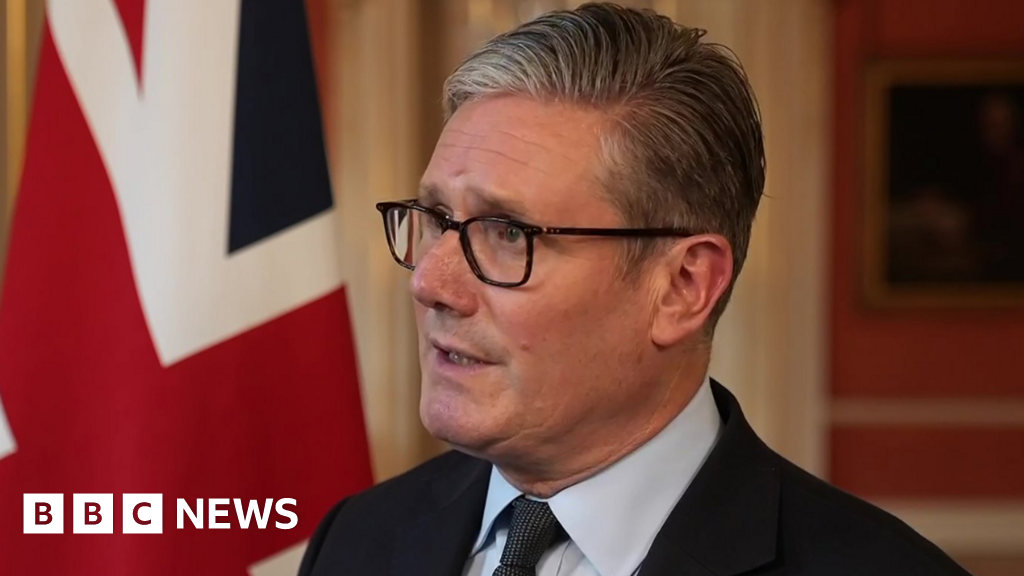ARTICLE AD BOX
The man in charge of a review of the prisons crisis says building more jails is not the answer and a more "strategic" approach is needed to free up space.
The former Conservative Justice Secretary David Gauke has been called in by Labour to review sentencing, following the early release of nearly 3,000 offenders in recent weeks.
The sentencing review was a Labour manifesto pledge and the party has also appointed Lord Timpson, former head of the key-cutting chain that hires ex-offenders and chief of the Prison Reform Trust, as its prisons minister.
Gauke, who was justice secretary under Theresa May, has previously suggested that jail terms of less than six months should be scrapped.
The UK prison population has roughly doubled in the last 30 years, with capacity lagging behind, and in September the system came within 100 places of running out of space altogether.
Gauke told BBC Radio 4's Today programme that this autumn's crisis release of prisoners was unavoidable for the new Labour government because of "the circumstances they inherited".
Stressing "I do not speak as a Labour person", he said "any government of any colour would have been forced to make that decision, or something very like that decision, at that particular time".
He warned projections showed demand for prison cells would continue to "increase very significantly", but he hoped the sentencing review could help avoid the same crunchpoint in future, by reducing the number of people sent to jail.
"What we want to avoid is a situation where prisoners are being released as a short-term, reduce-the-pressure moment," he said.
"What we have to be is more strategic - we have to make sure that prison capacity meets demand and that means we have to look at the question of demand on prison places and that's I think where looking at the sentencing regime is necessary and important."
The current prisons crisis had built up over 30 years, Gauke said, due to successive government decisions to make average sentences longer, creating a situation where the UK "relies much more heavily on prison than any other western European country".
Although he said prisons were an important part of the justice system, he suggested simply building more prisons was not the answer.
"You can argue you build your way out of it, you just keep building those prisons," he said.
"That evidently has not happened but I think there is a question to be asked - do we want to keep on building prison capacity when, one, it's very expensive and two, the evidence does not suggest that it's an effective way of reducing crime."
Instead, he talked about using technology to create tougher non-custodial sentences, following approaches taken by other countries with much lower prison populations.
With more than half the women in jail serving sentences of six months or less, Gauke said reducing the female prison population was also an option to free up space.
He said: "Clearly there are some women prisoners who must go to prison, who commit serious offences and it's right that prison is where they go, but I think there is a case for looking at short sentences more generally.
"There's a particular issue with women offender who are very often themselves victims of crime, very often face issues with mental health, substance abuse and so on that could be addressed outside prison.
"So I would certainly want to look at that, and I said this as justice secretary, I think we could reduce the female prison population."
Latest government figures show more than half of women are sent to jail for less than six months, compared to 3% of the total prison population being behind bars for that length of time.
The sentencing review is now open for submissions from the public about how the prison system can be improved and will submit findings to the Lord Chancellor by Spring 2025.

 6 months ago
28
6 months ago
28








 English (US) ·
English (US) ·